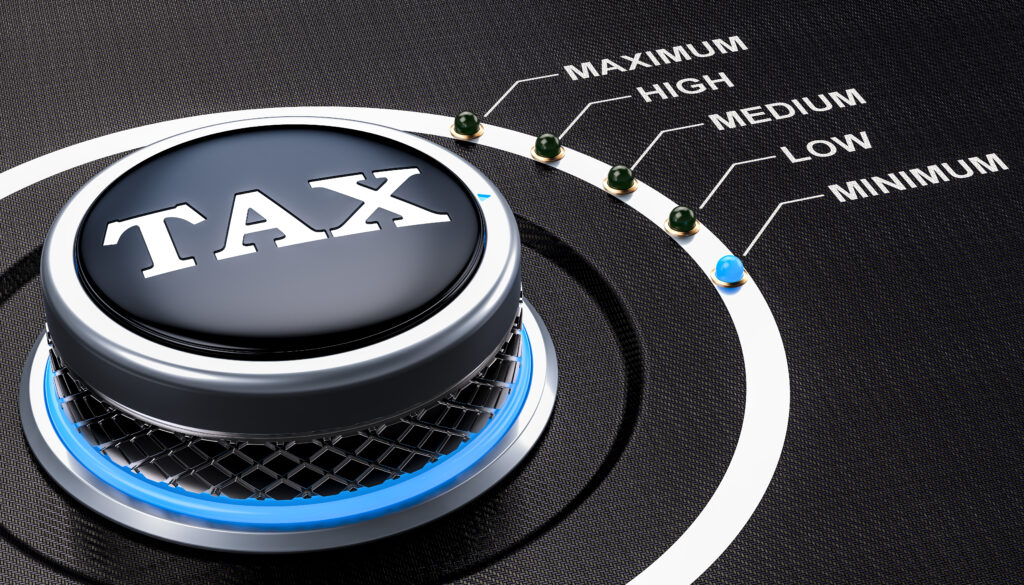Is The U.S. Really a Low-Tax Country?

Many U.S. taxpayers feel that our country’s taxes are too high, no matter which economic class you’re in. Likewise, regardless of which side of the political world you rest, most people would agree that the U.S. tax system needs some serious upgrading, and not just some fine-tuning. However, it appears that compared to many of the other developed countries in the world, the U.S. is actually on the low end of the tax scale.
According to the Organization for Economic Cooperation and Development, some of the most recent numbers show that about 30 other developed economies have higher taxes than the United States. In 2014, the U.S. government collected 26 percent of the gross domestic product revenue, which was way below the average of the rest of the world, which is 34.4 percent.
Of the 30 countries included in the report, there were only three economies that had a smaller tax percentage than the United States: South Korea, Chile and Mexico. Denmark leads the list with the highest percentage; a whopping 50.9 percent, and France, Italy, the U.K. and Germany were all over 30 or even 40 percent as well.
So why do U.S. taxpayers complain so much about taxes, if the country is actually towards the bottom of the list? It’s because the U.S. is the only country on the list that doesn’t use a Value Added Tax, or VAT. A VAT helps supplement revenue from other sources, which raises nearly 7 percent of the GDP in these countries. The U.S., on the other hand, has to count on other taxes to supplement its revenue because it does not have a VAT. And that won’t likely change any time soon.
Making the Most of Home Equity: Tips for Senior Citizens
Making the most of home equity For senior citizens living on fixed incomes, the need to replace a car or do substantial home repairs can disrupt finances. Major unplanned expenses caused by illness or disability can lead to financial disaster. Fortunately, many senior citizens are sitting on a major financial asset: the equity in their…
Keeping Your Health Insurance Premiums Low
Keeping Your Health Insurance Premiums Low Health Savings Accounts (HSAs) offer tax deductions for medical expenses, and the opportunity to set up an additional retirement account. But regardless of any other positive benefit of HSAs, lower premiums are the primary reason that thousands of Americans have chosen Health Savings Accounts as the best way to…
Identity Theft: Has your name been stolen?
Identity Theft: Has your name been stolen? Identity theft—the unauthorized use of an individual’s name or personal information to obtain money or credit—is the fastest-growing white-collar crime. Most probably, more than 700,000 Americans will be victims of it this year, with costs to them averaging over $800 and 175 hours of time spent trying to…
Q & A: IRAs for your Children
Q & A: IRAs for your Children Establishing a retirement plan for a child might, initially, sound a bit strange—or at least premature. Truly, it is not. Establishing an IRA for your children or grandchildren can help them achieve financial independence in retirement and, possibly, for the rest of their lives. That claim may raise…


